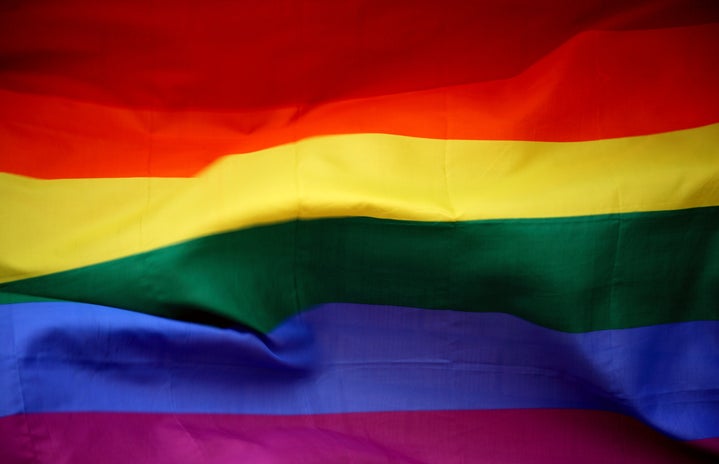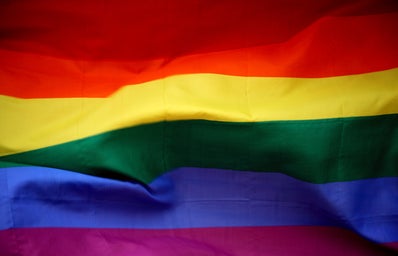In light of recent events, this pride month, the LGBT community needs to stand with People of Colour, since POC’s have a history of fighting for LGBT rights. In a world where such important events are neglected in history classrooms, here is an introduction to three of the trailblazers (of colour) who led the way for gay liberation.
During the summer of 1969, when homosexuality was still illegal in all but one US state, a police riot in a New York gay club sparked one of the biggest events in LGBT history – the Stonewall Riots. Gay people were charged for the ‘solicitation of homosexual relations’, whilst trans people, and those who did conform to gender norms, could be arrested for ‘not dressing gender appropriately’. Gay bars were a safe haven for LGBT individuals in New York and the Stonewall Inn was even owned by the mafia who would bribe the police to turn a blind eye and seek repayment by overcharging customers (by threatening to out the wealthier patrons). Even the mafia, however, could not stop the regular police raids that happened in all the gay bars, and it was one of these riots that kicked off the gay liberation movement. https://www.youtube.com/watch?v=Q9wdMJmuBlA
On June 28th 1969, 9 officers raided the Stonewall Inn, inside the bar, staff and customers resided arrest, whilst outside the bar, hundreds of people started rioting. The 9 officers locked themselves in the club away from the crowd but rioters set Stonewall Inn on fire. The original officers escaped alive, but by then, the angry mob had grown to thousands, and riots continued until 1st July.
The riots left a huge impact on society and were the beginning of the modern gay revolution movement and sparked the formation of the gay liberation front (the first group to publicly advocate for equal gay rights). On the one year anniversary of the riots, the first gay pride parade took place – these events still held around the world today. The Stonewall Inn is now also a national monument that you can visit in New York – it was the first National Monument to celebrate gay history.
Stormé DeLarverie:
Many Stonewall rioters, including DeLarverie herself, claimed that Stormé DeLarverie was the person to throw the first punch in the Stonewall Riots. DeLarverie was half black on her mother’s side and described as a butch lesbian and she performed in drag as a man on the stage, but she would also wear her suits on the streets.
Many lesbians in New York looked up to DeLarverie and would imitate the way she dressed, by wearing their own sharp suits.
DeLarverie has been described as the ‘Rosa Parks of Stonewall’. This sounds like a fitting nickname for DeLarverie since, as we already stated, police raids were common in gay bars, but DeLarverie was arguably the one that decided this raid was the beginning of the end.
Marsha P. Johnson and Sylvia Rivera:
Johnson was a veteran of the Stonewall Riots. Marsha was a black drag queen/trans woman, who has been described by friend Sylvia Rivera as ‘an icon of the gay movement’. Rivera, a fellow drag queen who is of Puerto Rican and Venezuelan descent, fought beside Johnson and other drag queens and vanguards at the front of riots and did not shy away from getting their ‘heads smashed’.
Not only were Johnson and Rivera active in the riots they also set up STAR, ‘Street Transvestite Action Revolutionaries’. Johnson and Rivera performed sex work in order to pay the rent for the STAR house, to house homeless LGBT youth, and aimed to teach the youths to read and write during their stay. This was the first of many LGBT shelters around the world. Marsha P Johnson was truly a hero for the LGBT community. But in return, her death in 1992 was ruled a suicide, even though many people believe there was foul play involved. Rivera is still fighting for her justice today.
*it is important to note that Sylvia and Marsha have been described as drag queens and trans women interchangeably, it seems as though at the time of the riots, they both identified as drag queens, but they may well have identified as transexual if they were young queer people today*
Words By: Alice Colton
Edited By: Tamikka Reid


